TAP-TS Spring School in Nicosia/Cyprus
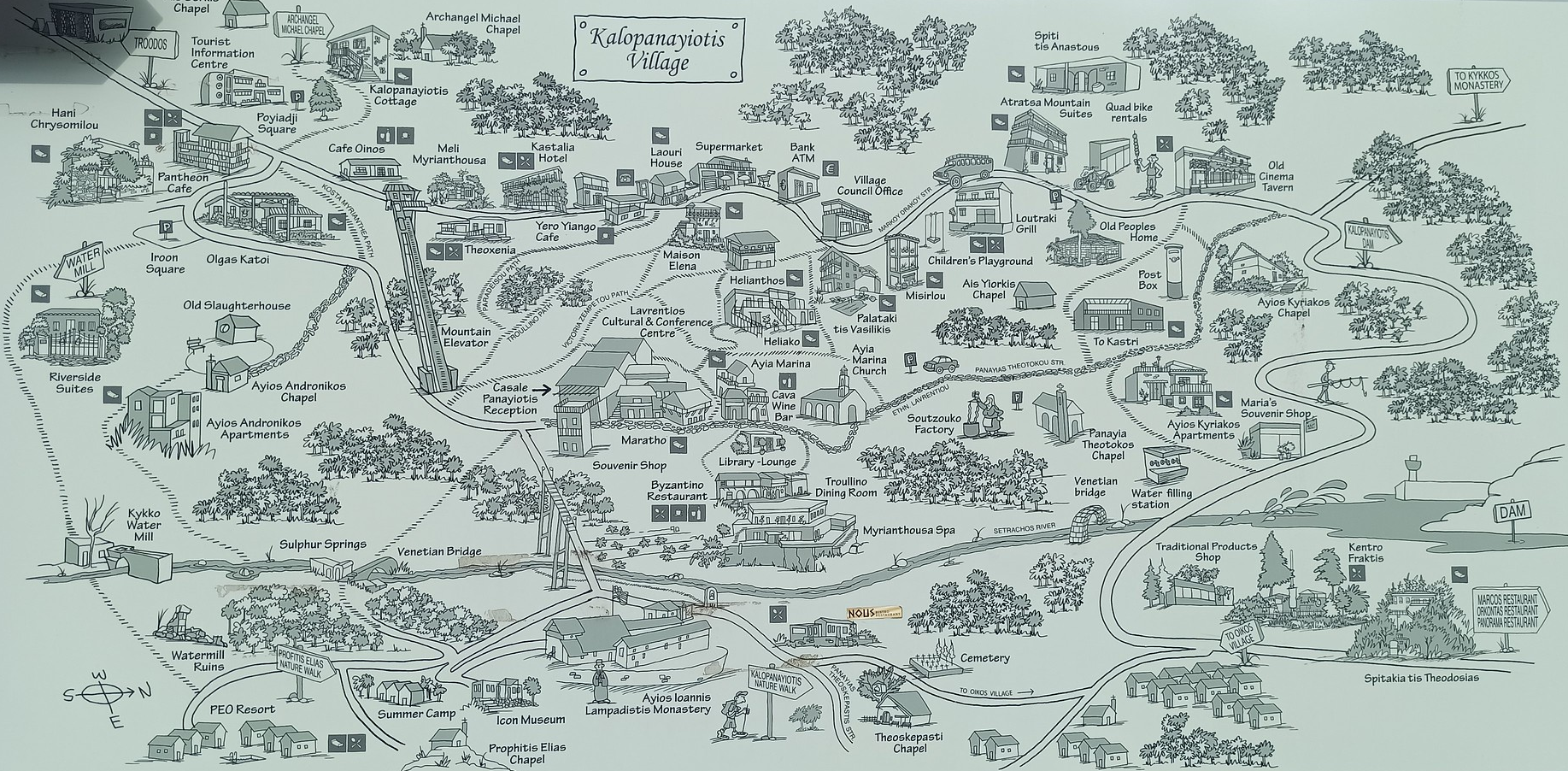
The TAP-TS project is going full steam ahead again this spring: the Active Learning Event (ALE 3) in Dresden was barely over before the next big event awaited participants from all over Europe, namely a Spring School in Nicosia, Cyprus (April 2-6, 2024). The delegation from Vienna, led by Klaus Himpsl-Gutermann (Competence Center K:MID and TAP-TS team), consisted of seven people in total and covered different types of schools and subject combinations in order to provide good feedback from different perspectives on the newly developed learning materials under the heading „Exploring Methodologies on Teaching and Learning Sustainability“.
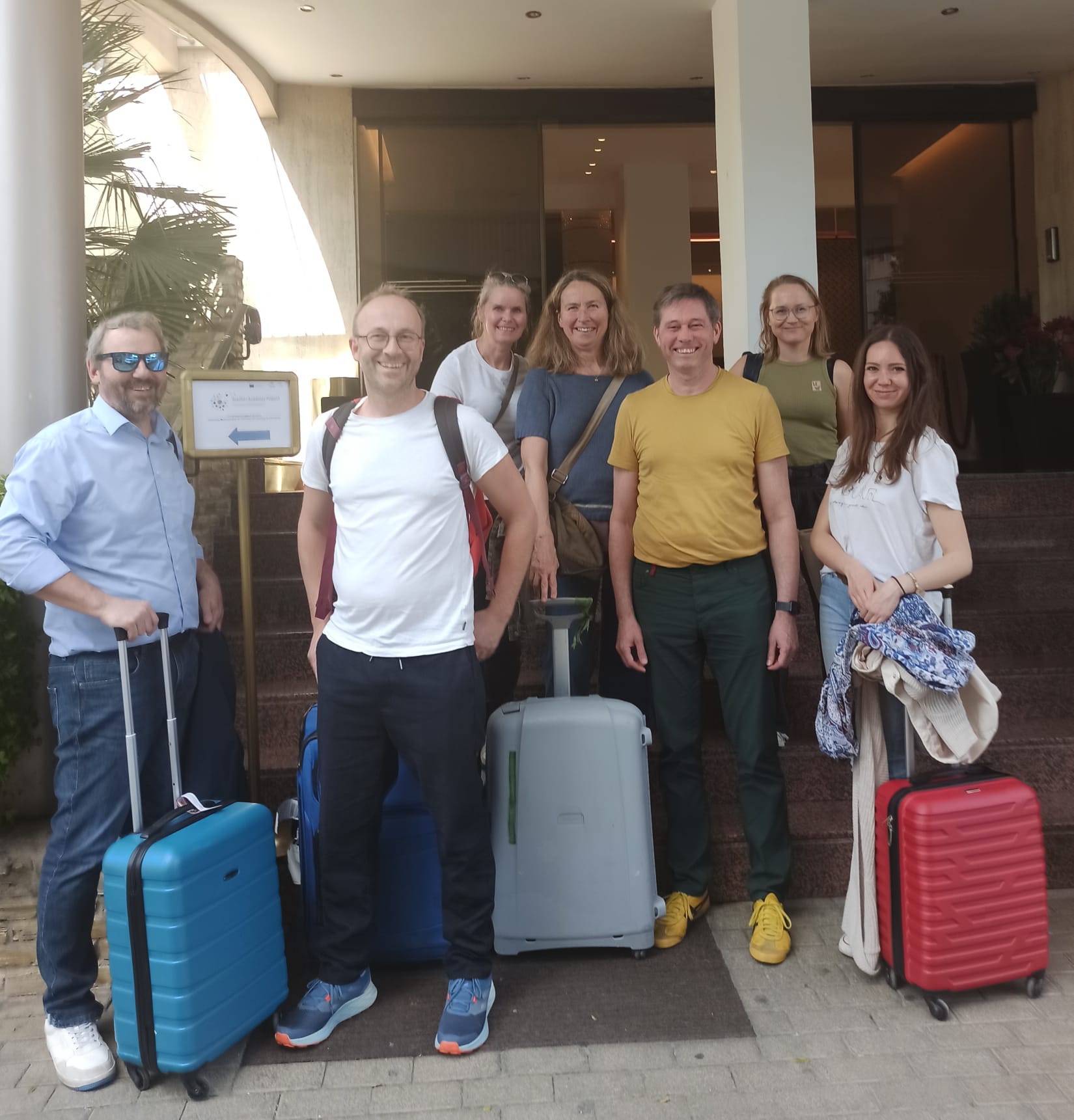
Vienna Delegation (from left to right): Roland Czernitc (Praxismittelschule PH Wien), Andreas Barnabas Huber-Marx (GRG 15 Auf der Schmelz/Bildungsdirektion Wien/Pädagogische Hochschule Wien), Petra Tratberger (OVS Bertha-von-Suttner-Gasse Wien/PH Wien), Veronika Rampetsreiter (ÖKOLOG-Netzwerk/Bildungsdirektion Wien), Klaus Himpsl-Gutermann (PH Wien), Birgit Dorn (BAfEP 10 Wien), Cornelia Schmidt (GTVS am Campus Monte Laa Wien/PH Wien)
The team of the Pedagogical Institute of Cyprus under the coordination of Christina Stavrou, together with the entire TAP-TS team, had put together a challenging and varied program. In half-day workshops, various approaches were examined in order to motivate teachers to address sustainability issues in their lessons and to teach their students skills in line with the EU’s GreenComp Framework [Link]: a game-based learning scenario as a simulation game, in which the aim is to characterize the inhabitants of a small island, on which a new hotel resort is to be built, from a sustainability perspective (presented by Bart Verswijvel/Belgium). Floria Valanidou and Christina Stavrou (Cyprus) then elaborated on the importance of Critical Thinking and Argumentation based on this scenario. In the afternoon, Arjana Blazic (Croatia), who was connected online, showed the possibilities of different AI tools to implement problem-based learning with students.
Problem solving and inquiry based learning were also at the centre of the presentation from Portugal by Susana Colaҫo and Elisabete Linhares. In this workshop, the participants were also put in the role of learners and made a model that simply explains how a wind generator generates electricity. In a presentation, Andreas Barnabas Huber-Marx from the Vienna delegation showed impressive examples of the use of various technologies (such as AR) to familiarise students with the SDGs.
Between the workshops, the programme included a visit to Eleneion Primary School. The school is located in the centre of Nicosia and aims to educate children from poorer sections of the population in particular – mostly from families who have had to flee their homeland and are recent immigrants. It was impressive to see the pedagogical conviction and attention to the children (with 20 different first languages!) shown by the school’s teachers – and at the same time it was noticeable in every second how well they succeed to create a positive learning environment for children who are sometimes traumatized.
A special feature in Cyprus are the so-called Environmental Education Centres, which are spread across the island at various locations to show children and young people the biodiversity of the local flora and fauna in outdoor activities and to motivate them to take measures to protect it. On the penultimate day of Spring School, the participants travelled into the mountains to Pedoulas village and took part in three different stations, including an action bound in the picturesque mountain village of Kalopanayiotis.
The final day was rounded off with a workshop on human rights by Gemma Molenar from Amnesty International Netherlands. All workshops were accompanied by regular reflection and evaluation sessions (using various offline and online methods) in order to analyse the participants‘ experiences with the offerings and feed them back to the project team (Marie Kniest, Annika Rikkard, Mats Westerberg/Sweden). One of the main aims of the project is to develop tried and tested OER materials on seven different topics, which will be available free of charge via various platforms and repositories at the end of the project (May 2025).
Here you can find more pictures of the Spring School in Nicosia. Many thanks to Christina Stavrou and the whole team of the Cyprus Pedagogical Institute for organizing this great conference.
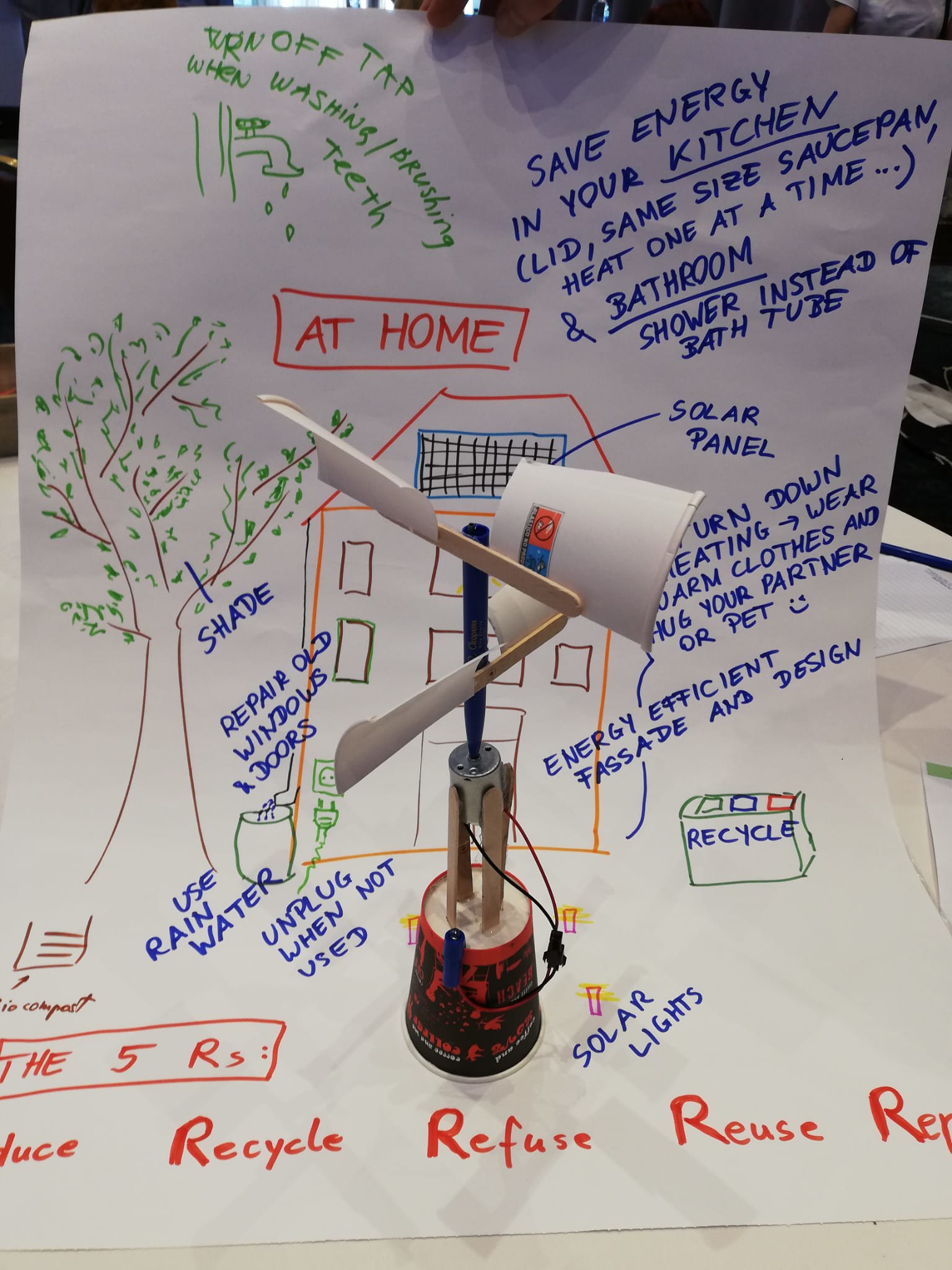
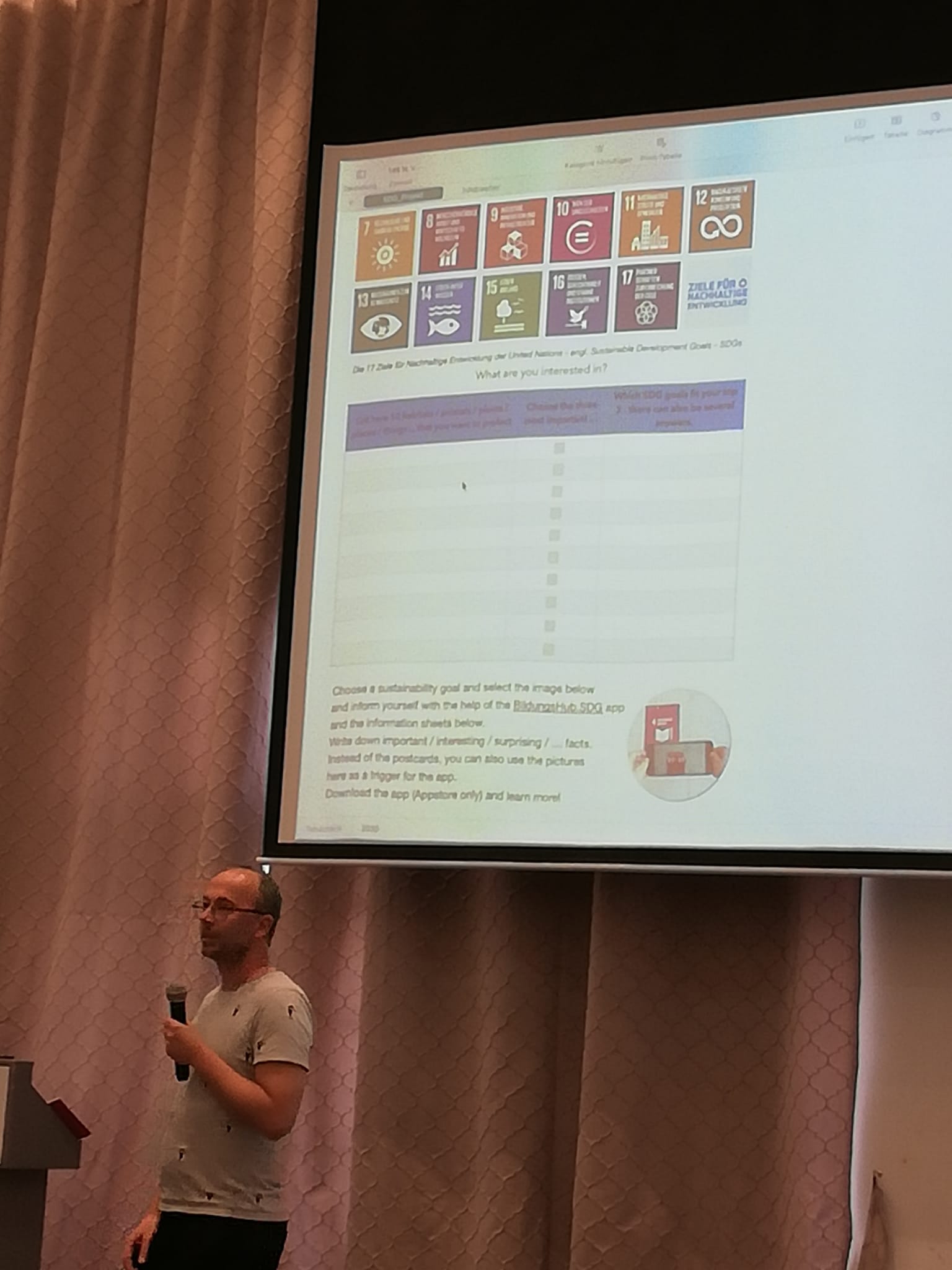
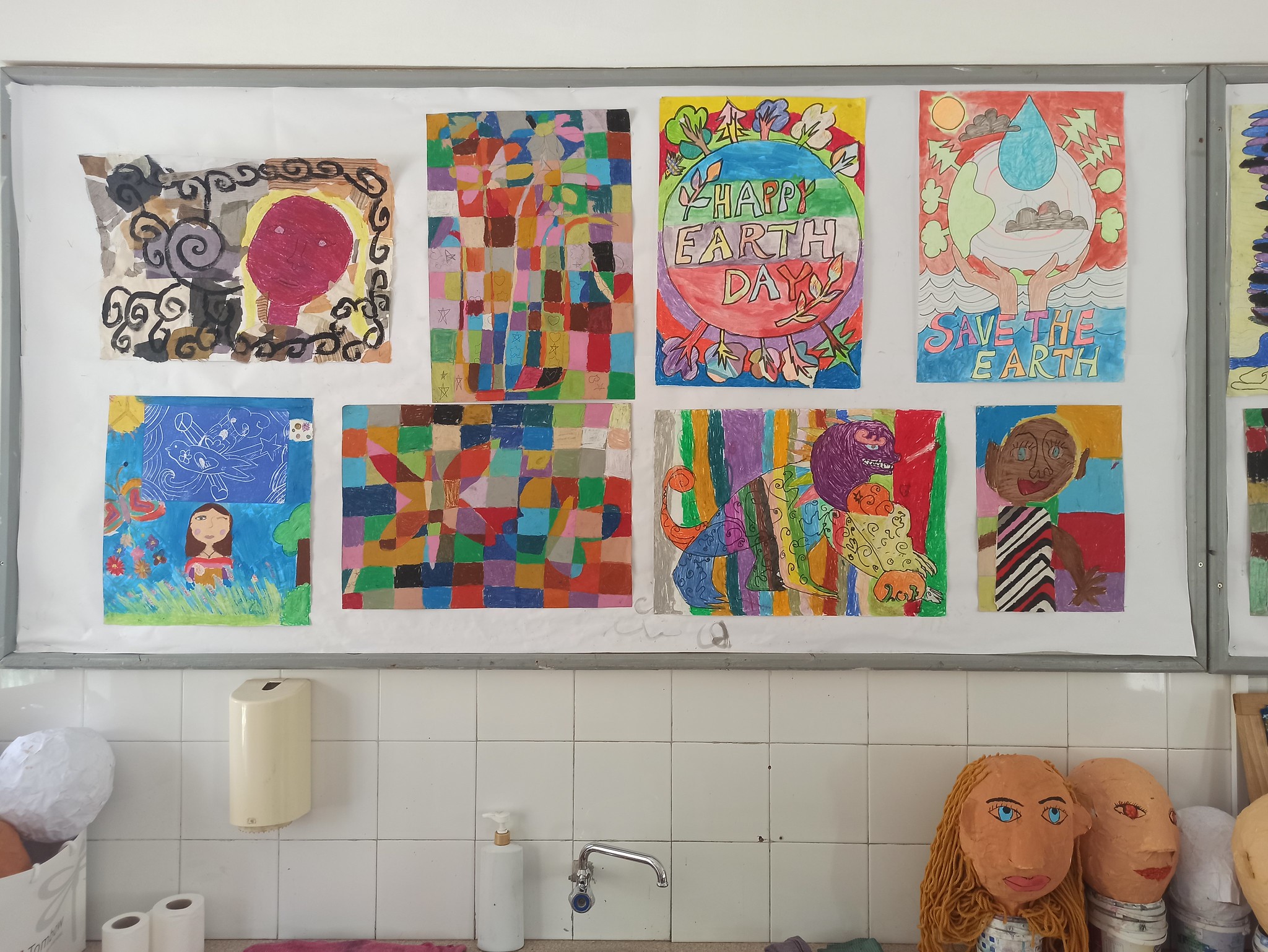
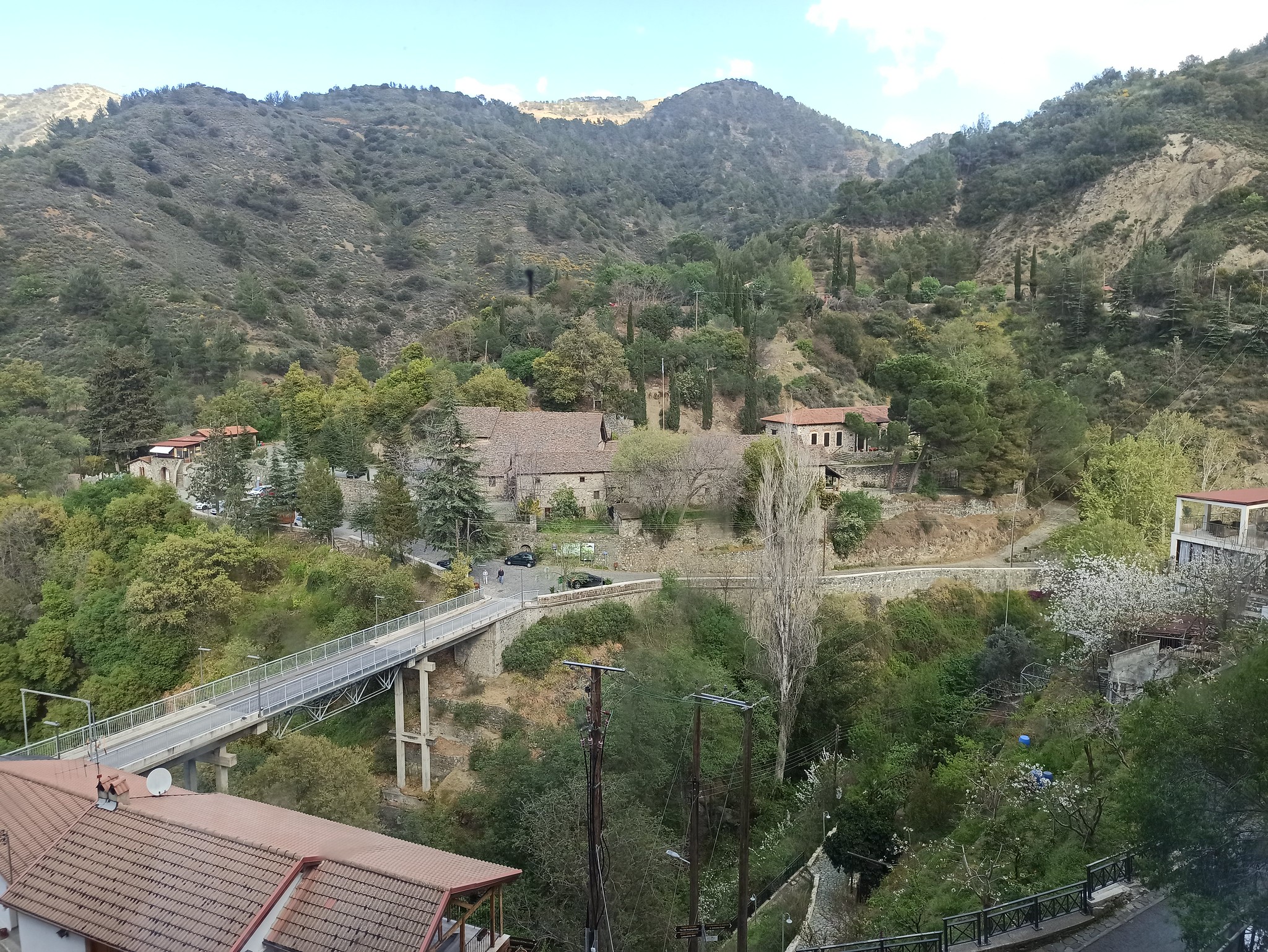
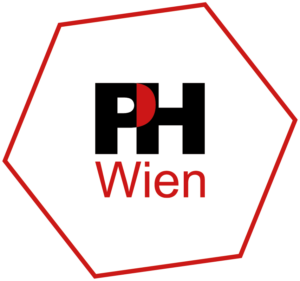
Schreibe einen Kommentar